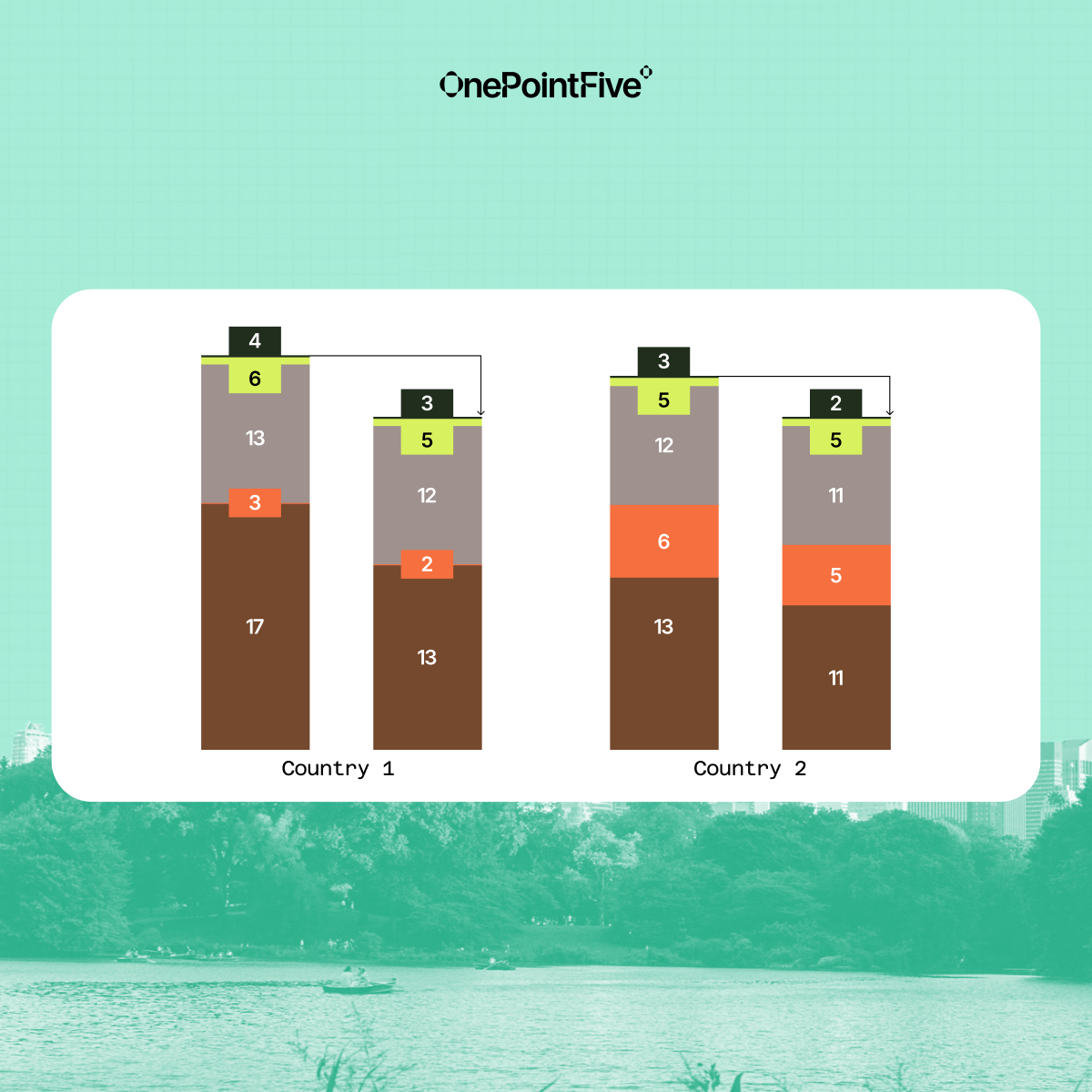Sustainability Consulting & Workforce Trends
Build the consulting toolkit and systems mindset needed to thrive in the rapidly evolving climate workforce. Learn to structure sustainability challenges with proven consulting frameworks, apply systems thinking to uncover root causes, and explore the latest workforce trends shaping the future of green jobs. This module equips you with the practical skills and insights to lead impactful projects while navigating career opportunities in sustainability and beyond.
Why This Module Matters
Sustainability has become one of the fastest-growing career fields globally, yet most companies struggle to recruit and upskill the right talent. Today’s sustainability professionals must combine business fluency, technical expertise, and systems thinking to deliver results in complex environments. Organizations that embed these practices not only meet compliance requirements but also unlock competitive advantage. For individuals, mastering these skills provides a critical edge: LinkedIn data shows job seekers with green skills are up to 80% more likely to be hired than the general workforce.
Learning Outcomes
By completing Module 6, you'll confidently:
✓ Break down sustainability projects across the full lifecycle — from scoping and proposals to execution and close-out
✓ Apply consulting frameworks (MECE, hypothesis/driver trees, answer-first communication) to structure complex sustainability problems
✓ Use systems thinking to identify hidden drivers of climate challenges and design holistic solutions
✓ Apply startup and lean methodologies to prototype sustainability initiatives and test solutions rapidly
✓ Navigate global workforce trends, including the “green skills gap” and emerging roles across industries
✓ Identify overlaps between existing skills and in-demand sustainability competencies to chart your career path
✓ Position yourself as a credible sustainability professional ready to lead projects and teams
Core Learning Content
Sustainability Consulting Toolkit
End-to-end project phases: scoping, proposals, setup, execution, close-out
Consulting frameworks (MECE, hypothesis trees, driver trees, ghost decks, slide design)
Effective communication: “answer-first” approach, concise synthesis, data-driven storytelling
Systems Thinking for Climate Action
Apply the Iceberg Model to uncover underlying structures and mental models
Explore real-world systems challenges: fast fashion, plastic waste, shared mobility
Understand why systems thinkers are more likely to align with climate action
Startup & Lean Methodologies
Rapid prototyping, minimum viable products, and iterative testing in sustainability projects
Tools like the Lean Canvas and stakeholder interview methods to accelerate problem-solving
Practical use of Miro, Notion, and other digital collaboration tools for sustainability projects
Workforce Trends & Green Skills
The rise of sustainability roles across industries, with “Sustainability Specialist” among the fastest-growing global jobs
Data-driven insights from LinkedIn and OPF’s Climate Workforce Playbook on green skills supply vs. demand
Practical strategies for career transitions, applied learning, and gateway roles
Interactive Learning Experience
Step into the role of a sustainability consultant by reviewing and finalizing a live project proposal for Canopeaze, a mid-sized consumer products company aiming for Net Zero Carbon and Zero Waste. Working in breakout groups, you’ll evaluate draft proposal sections, sequence project activities across phases, and recommend improvements before final client submission.
Through this hands-on exercise, you’ll practice applying consulting frameworks (like Situation–Complication–Outcome), sharpen your ability to structure sustainability projects, and learn how to strengthen proposals with clear timelines, budgets, and deliverables. By the end of the lab, you’ll not only understand what makes a compelling sustainability project proposal but also gain confidence in applying these principles to real-world consulting and internal corporate projects.
Module Details
Duration: 6–8 hours total learning time
Format: Self-paced video modules, interactive exercises, hands-on consulting lab
Materials: Framework templates, case studies, workforce playbook insights, collaboration tool guides
Prerequisites: None

